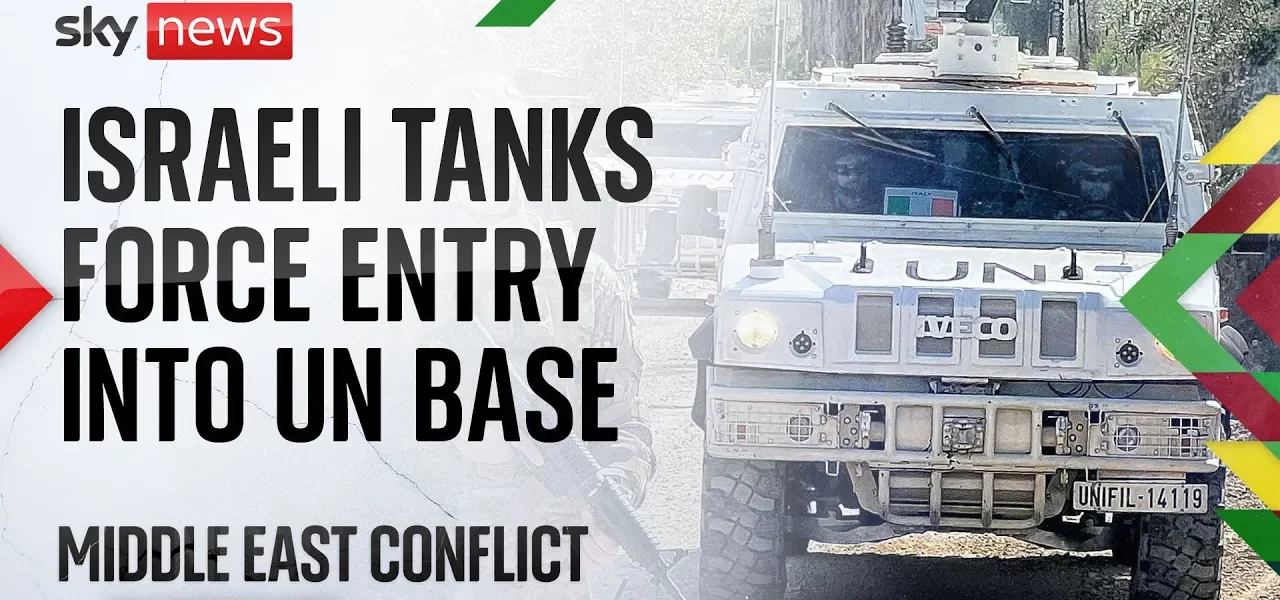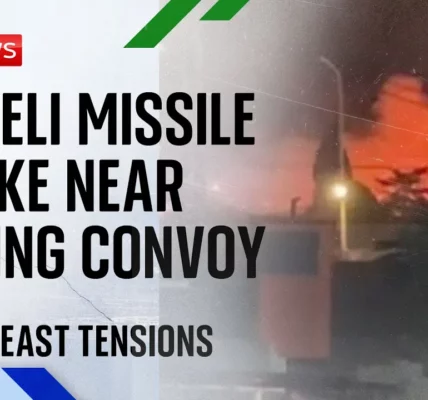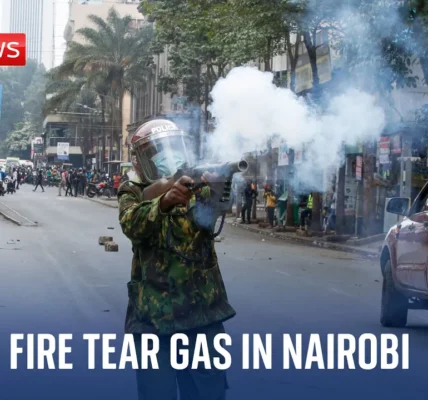The Destruction in Lebanon: A Tragic Consequence of War

This article delves into the devastating effects of the ongoing conflict in Lebanon, focusing on the destruction of towns, loss of life, and the broader implications of military actions. Through a detailed examination, we aim to shed light on the humanitarian crisis and the international reactions to these events.
Introduction
The ongoing conflict in Lebanon has escalated to alarming levels, with reports indicating severe destruction across various towns. The town of Natia exemplifies this tragedy, having been reduced to rubble due to relentless Israeli airstrikes. As the situation deteriorates, it raises pressing questions about the humanitarian implications and the international community’s response to the crisis. This article will explore these critical issues, focusing on the human cost, the role of international bodies, and the perspectives of those affected.
The Impact of Israeli Airstrikes
Israeli bombardments have wreaked havoc in Lebanon, with the loss of over 2,000 lives reported. The IDF’s (Israel Defense Forces) attempts to counter Hezbollah’s activities have led to significant civilian casualties and widespread destruction.
Destruction of Infrastructure
The airstrikes have not only targeted military installations but have also destroyed civilian infrastructure, including homes and marketplaces. The souk, a central marketplace, has been obliterated, leaving families without access to their belongings and livelihoods.
- Complete flattening of buildings
- Destruction of marketplaces
- Displacement of thousands of residents
Humanitarian Crisis and Civilian Casualties
The ongoing violence has precipitated a humanitarian crisis of alarming proportions. Families have been torn apart, and communities shattered, leading to a palpable sense of fear and uncertainty.
Personal Accounts from Survivors
Survivors like Syana Morad recount the horror of witnessing their homes reduced to ashes. Many have expressed disbelief that their villages, which had previously been safe, have now become targets of military aggression.
- Destruction of family homes
- Loss of innocent lives, including children
- Emotional and psychological trauma for survivors
The Role of UN Peacekeepers
The presence of UN peacekeepers in the region has come under scrutiny amid claims of being deliberately targeted by Israeli forces. This situation raises critical questions about the effectiveness and safety of international peacekeeping missions in conflict zones.
Incidents Involving UNIFIL
Several incidents have been reported where UNIFIL (United Nations Interim Force in Lebanon) has faced aggression from the IDF, including the recent destruction of their base gates. These actions have prompted calls for accountability and a reevaluation of the peacekeeping mandate.
- Repeated attacks on UN personnel
- Calls for an explanation from Israeli authorities
- Concerns over the safety of peacekeepers in conflict areas
Political Reactions and Calls for Action
The political landscape surrounding the conflict is complex. Israeli Prime Minister Benjamin Netanyahu has called for the removal of UN peacekeepers from Hezbollah strongholds, framing the presence of UNIFIL as a hindrance to military operations.
International Responses
The international community’s reaction has been mixed, with some supporting Israel’s right to defend itself while others condemn the humanitarian toll of the airstrikes. The need for a balanced approach that prioritizes civilian safety is imperative.
- Calls for ceasefire from various nations
- Debates over the effectiveness of UN peacekeeping
- Pressure on Israel to uphold international law
Conclusion
The situation in Lebanon remains dire, with escalating violence leading to profound humanitarian consequences. As the conflict continues, it is crucial for the international community to engage actively in seeking a resolution that protects civilian lives and upholds human rights. The stories of those affected highlight the urgent need for action and support. We encourage readers to stay informed and advocate for a peaceful resolution to this tragic conflict.
For further reading on the humanitarian impact of conflicts worldwide, explore our related articles on humanitarian crises and conflict resolution efforts.
“`




